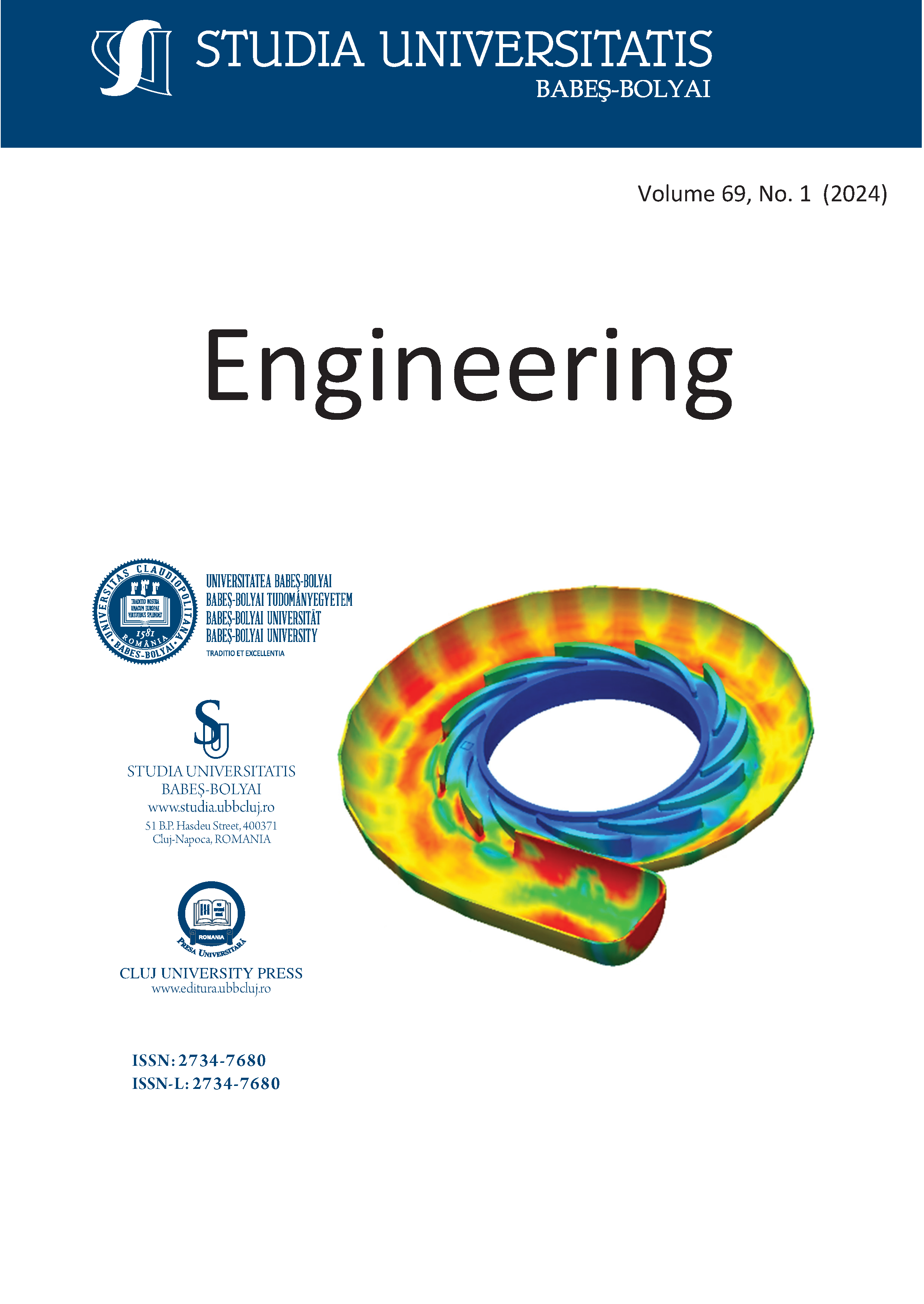Leveraging smart contracts for enhanced traceability and security in bank transactions on a blockchain platform
DOI:
https://doi.org/10.24193/subbeng.2024.1.1Keywords:
traceability, smart contract, blockchain, proof of workAbstract
Traceability of transaction have been an issue facing the financial institution for a long time. The banks are the actors who have overall responsibility for financial transaction, thus placing them in a position of responsibility for realizing the traceability demands. The bank has the coordinating role in financial transfers as well as performing tasks during transaction. Due to lack of traceability, a lot of fraudulent activities go on without being detected one of which is the issue of fake alert system, where money could assume to be transferred to a recipient account and yet not reflect in the account balance. It needs to be established that financial traceability is a problem that requires solution. In other to address these, blockchain technology which is a noble disruptive technology that is tamperproof, secure and transparent and store hash value of data is the most viable way of addressing the challenge of traceability of financial transactions.
References
M.W. Agungi, The business blockchain promise traceability: practice, and application of the next Internet Technology, John Wiley & Sons, Inc., 128 (2), 2022, pp. 1-16.
S.A. Anderson, The traceability of fees payment through banks by student to various institutions, International Journal of Information Science, 275 (1), 2017, pp. 1-12.
M. Atzori, Blockchain bad architectures for the internet of things, Springer, 2016.
O.S. Azubuike, Banking sector a critical sector addressing the bottle necks. International of Advanced Trends in Computer Science and Engineering, 4(9), 2019.
M.E. Bracci, Smart contracts: terminology, technical limitations and real-world complexity, Law, International Journal of Innovation and Technology, 269(3), 2021, pp. 1-14.
V. Buterin, Public and private blockchain, Ethereum blog. 45(2), 2015.
J.S. Chen, PayPal transactions effectives towards payment to various sectors, International Journal of Information and Computing, 189(3), 2020.
Das Mankatail, Blockchain use cases for food traceability and control, Journal of Natural Science, 45(2), 2018, pp. 1-13. https://www.sklkommentus.se/globalassets/kommentus/bilder/publication
E. Das, Privacy and security challenges in internet of things. Journal of Distributed Computing Internet Technology, 78(2), 2018.
European (2020). Effect of customer feedback on traceability.
P. Glaser, Towards a more democratic mining in bitcoin, 2019.
M. Gupta, Blockchain for Dummies, IBM Limited Edition. [E-book]. 2017
Available online: https://www-01.ibm.com/common/ssi/cgi-bin/ssialias?htmlfid=XIM12354USEN
S.M. Jason, The blockchain and kudos: distributed system for educational record, reputation and reward, Proceedings of 11th European Conference on Technology 4(2), 2019, pp. 1-12.
K.D. Jude, PayPal transactions effectives towards payment to various sectors, International Journal of Information Science and Computing, 2(21) 2020, pp. 1-13.
I.P. Karamitsos, Design of the blockchain smart contract; A use case for real estate. International Journal of Management Information Technology and Engineering, 8(4), 2018, pp. 1-6.
Downloads
Published
How to Cite
Issue
Section
License
Copyright (c) 2024 Studia Universitatis Babeș-Bolyai Engineering

This work is licensed under a Creative Commons Attribution-NonCommercial-NoDerivatives 4.0 International License.





 © Studia Universitatis Babeş-Bolyai Engineering. Published by Babeș-Bolyai University.
© Studia Universitatis Babeş-Bolyai Engineering. Published by Babeș-Bolyai University.